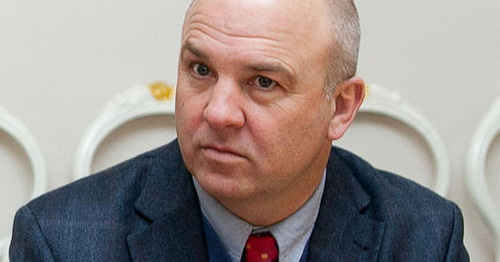
16 March 2016, 16:06
CoE's Commissioner acts as third party in Estemirova's case
Today, Nils Muižnieks, the Commissioner for Human Rights of the Council of Europe (CoE), has published a memo on the murder case of Natalia Estemirova, a Russian rights defender and journalist, an employee of the Human Rights Centre (HRC) "Memorial". On March 15, the memo was submitted to the European Court of Human Rights (ECtHR), which considers a complaint lodged by Estemirova's sister. The CoE's Commissioner has acted at the ECtHR as a third party in the case.
The "Caucasian Knot" has reported that on July 15, 2009, Natalia Estemirova, an employee of the representative office of the HRC "Memorial" in Chechnya, was abducted in Grozny by unidentified criminals, taken out to Ingushetia, and assassinated there. Her killers have not yet been found.
The memo of the Commissioner, the translation of which can be found on the website of the HRC "Memorial", notes that Estemirova's murder cannot be viewed in isolation from the general atmosphere of intimidation of rights defenders in Northern Caucasus and, in particular, in Chechnya. Mr Muižnieks has also stressed that Russian authorities fail to prevent such cases and to duly react to them.
He has stressed in his memo that Russian authorities shall take a number of institutional, legal and policy measures at the federal and regional levels to ensure the safety of rights defenders.
Full text of the article is available on the Russian page of 24/7 Internet agency ‘Caucasian Knot’.




